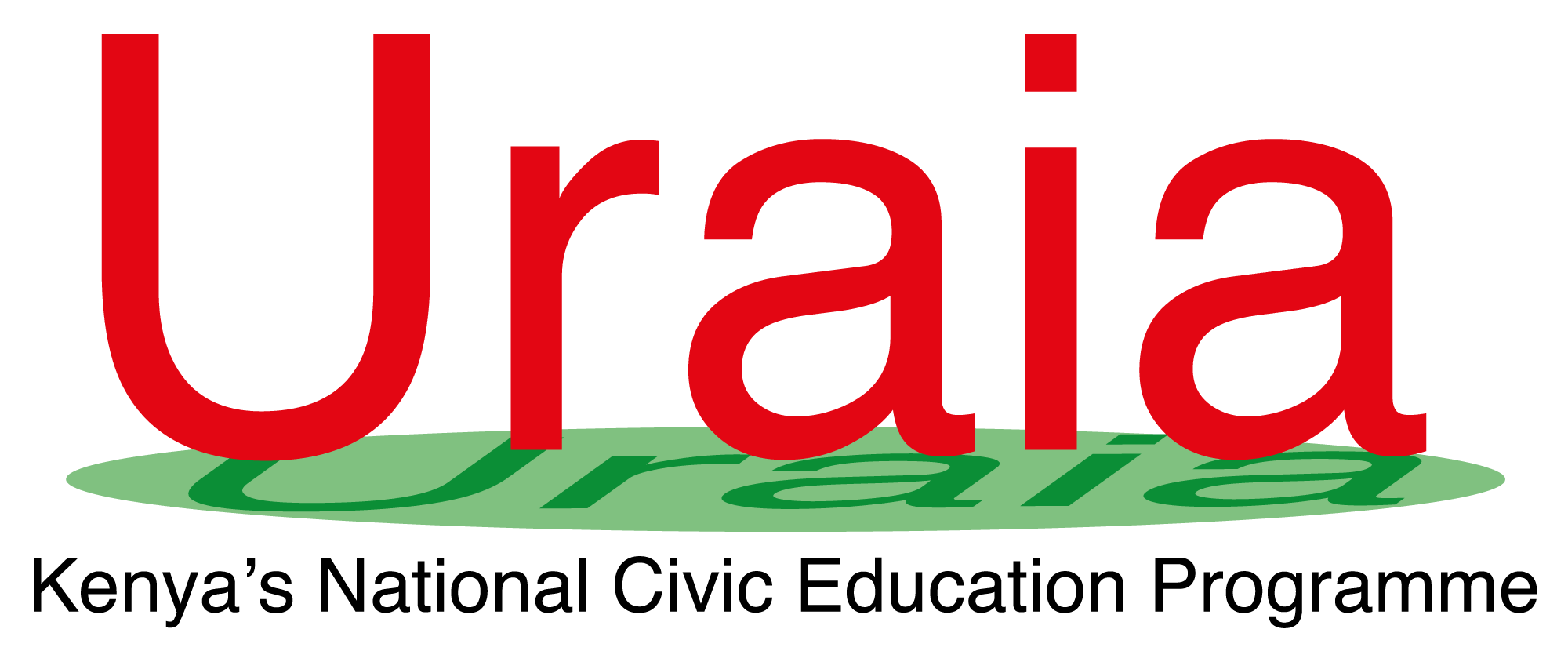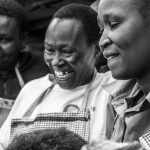Years of
Implementation
2021 – 2025
Key
Achievements
Implementing
Partners
Counties
of Operations
The Strengthening Public Accountability and Responsiveness in Kenya Programme (SPARKe) is a five-year initiative running from 2021 to 2025. This programme is strategically aligned with Outcome 2 of the Uraia Trust Strategic Framework, which focuses on increasing responsiveness and accountability in public spaces. Specifically, SPARKe emphasizes Output 2.3, which aims to enhance citizen engagement in service delivery at both national and county levels.
The programme aims at contributing towards increased responsiveness and accountability in Kenya’s public spaces. The programme strategy is focused on building knowledge and strengthening skills of citizens and duty bearers to promote constitutionalism, adhere to rule of law, and monitor service delivery. The strategy further supports government agencies to develop or review policies and legislations that enhance constitutionalism, rule of law and improved service delivery.
SPARKe programme is made possible by support from the Ministry of Foreign Affairs Denmark in Kenya.
Key Achievements:
- Increased accountability in the governance decision making process: The knowledge building and skills development for citizens and duty bearers has resulted in increased citizens participation in governance processes at national and county governance levels that has led to accountability in governance processes.
- Improved policy and legal environment at the national and county level: As a result of advocacy work undertaken by Uraia implementing partners, national and county government agencies have been supported to develop or review policies and legislations. This includes development of civic education frameworks, public participation laws, health and education sector policies at county level and election laws at national level.
- Improved service delivery in health and education sectors at the county level: Citizen formations engagement in monitoring and oversight of county government performance in the health and education sectors has led to improved service delivery.
SDGs





List of Implementing Partners
| National Partiers |
|
1 | Federation of Women Lawyers – FIDA Kenya | National |
2 | Kenya National Commission on Human Rights (KNCHR) | National |
3 | Kenya Private Sector Alliance (KEPSA) | National |
4 | National Council of Churches of Kenya (NCCK) | National |
5 | The Oslo Centre (OC) | National |
6 | The Institute for Social Accountability (TISA) | National |
7 | International Commission of Jurists (ICJ) | National |
8 | Kenya Young Parliamentarians Association (KYPA) | National |
9 | Journalist For Justice (JFJ) | National |
10 | Election Observation Group (ELOG) | National |
11 | Centre for Multiparty Democracy (CMD) | National |
12 | Constitution and Reform Education Consortium (CRECO) | National |
13 | United Disabled Persons of Kenya (UDPK) | National |
14 | Transparency International – Kenya (TI) | National |
| County Implementing Partners | County |
15 | Centre for Enhancing Democracy and Good Governance (CEDGG) | Baringo |
16 | Haki Yetu | Kilifi |
17 | Centre for Transformational Leadership (CTL) – Nakuru | Nakuru |
18 | Community Empowerment & Development Centre (CEDC) | Busia |
19 | Kwacha Afrika | Mombasa |
20 | Diocese of Nyahururu (Caritas Nyahururu) | Laikipia |
21 | Grassroots Development Initiatives Foundation – Kenya (GRADIF – Kenya) | Tharaka Nithi |
22 | Rural Development Empowerment Organisation (REDO) | Bungoma |
23 | Integrated Development Facility (IDF) | Homabay |
24 | Health Rights Advocacy Forum (HERAF – Machakos) | Machakos |
There are no secrets to success. It is the result of preparation, hard work, and learning failure. – OLIVER SANDERO











